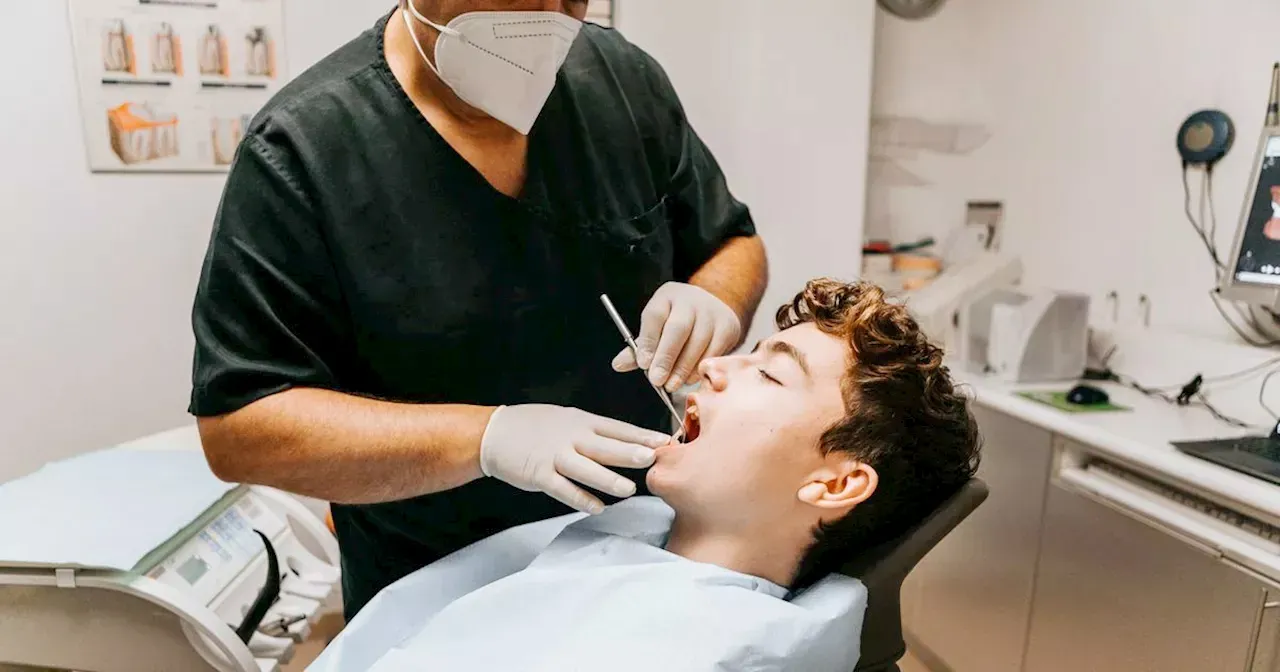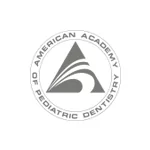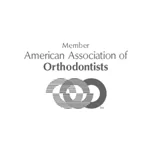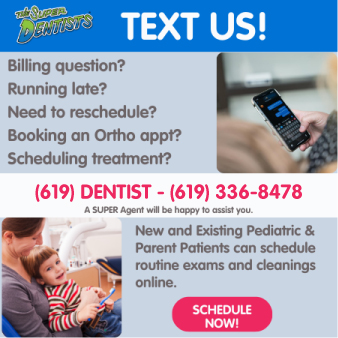You may not be surprised to know, but oral health for your baby starts in the womb! February is National Children’s Dental Health Month and we were lucky enough to have Dr. Kami Hoss, co-founder of The Super share some great oral health tips for our wee ones!
A guest piece by Dr. Kami Hoss
A mom’s own brushing and flossing habits can play a major role in her child’s oral health What’s more, there are several other tips that parents-to-be may not know about.
I am a dentist and a dad to an adorable eight-year-old boy. So, I know how important every aspect of a child’s health is to a parent. I hope this helps you on your exciting journey at hand—especially as it pertains to your child’s oral health.
With that in mind, here are five things you need to know as you get ready for your first one or your next one.
Tip 1. Take good care of your own oral health A child’s mouth starts developing before they’re even born, and the way mothers take care of their teeth, plays an underpublicized role.
If a mom has poor oral health, it can result in a number of pregnancy complications such as infertility and preterm birth. Also, parents can pass on the microbes in their own mouths to their babies. This reality could be a good or bad thing depending on the health of the parents’ oral microbiome, which are the billions of microbes that reside in their mouths.
Tip 2. Breastfeed (when possible) for mouth health.
We know breastfeeding isn’t possible in every parenting situation, and it can be a complicated decision. But if you can do it, the benefits to your baby’s oral health could be significant. While doctors usually encourage new mothers to breastfeed their babies because it protects infants from allergies, improves stomach health, and reduces the risk of infections, one thing that is often not talked about, but equally important is that it plays a huge part in your child’s oral health, too.
With breastmilk’s mix of complex proteins, lipids and carbohydrates, it nourishes the growing mouth and the new microbiome seeded by a baby’s passing through the birth canal. Breastfeeding also minimizes the chances of cavities in baby teeth when compared to drinking sugary juices or formulas.
Additionally, when the breast flattens against a baby’s palate, the breast’s weight and physical shape helps the palate form correctly. A baby’s mouth muscles are strengthened from the sucking motion and teach the baby to breathe through the nose. All of these factors aid with the correct growth of the jaws, lessening dental crowding as the child matures.
Tip 3. Wean off night-feeding if they’re able to sleep through the night.
Getting your baby to fall asleep by feeding him or her can lead to poor oral health. The milk, formula or juice can linger on a sleeping baby’s teeth, which can cause cavities. Enamel is thinner on baby teeth than on permanent teeth. What’s more, the pulp on baby teeth is relatively larger—therefore, damage from cavities happens more quickly.
Wiping your baby’s gums and teeth after feeding will help, but if your child is physically ready to sleep through the night, weaning them off of night-feeding would be best to protect their teeth.
Tip 4. Pay attention to your baby’s tongue habits because they speak volumes.
The tongue represents—when it comes to size-for-size comparisons—the strongest group of muscles in the human body. For babies, the tongue is instrumental for sucking, swallowing, taste, jaw and airway development and speech.
Babies can develop poor tongue habits, but these are habits that can be corrected. The main one is babies sucking their tongues, which can develop into a poor latch during breastfeeding. Other babies hold them in the back of their mouths or use them to push the nipple out of their mouths. The negative ramifications of poor tongue habits include not only inadequate breastfeeding but also problems with speech, swallowing, snoring, sleep apnea, and orthodontic malocclusion, which is a misalignment of the teeth and bite. If your baby has tongue issues, I recommend hiring a lactation consultant or visiting an experienced pediatric dentist.
Tip 5. Best teething tips.
During age four to six months old, teething typically begins and may continue until the child is about two years old. Let’s get one thing out of the way: I do not recommend oral gels or any other kind of medication. They are an unnecessary health risk.
Refrigerated teething rings can be safely used but do not freeze them since a baby’s mouth is too sensitive for such cold temperatures. More generally, it’s important to be cognizant of the quality of anything your baby puts in his or her mouth. As just one example, the FDA recommends avoiding teething necklaces because of the health risk.
When it comes to teething, remember that while babies can be fussy, such irritability doesn’t present a long-term problem. So be careful what you do in reaction while at home. If your baby has ongoing crying, earache, diarrhea, fever, coughs, or refuses to feed, take them to the doctor’s office to be on the safe side if you want.
After more than 20 years in dentistry and almost a decade into fatherhood, these are my best suggestions for parents readying for their next adventure. The larger task of parenting is not easy, but oral health can be extremely manageable as long as you are mindful of these five tips.
Dr. Kami Hoss is a San Diego-based orthodontist and dentofacial orthopedist, author, and founder of The Super Dentists and Howard Healthcare Academy. He is on the Board of Counselors at UCLA School of Dentistry where he previously received his doctorate in dental surgery. Dr. Hoss is a nationally recognized speaker and a sought-after expert focusing on oral health and its impact on overall health and emotional well-being. Visit his online profile.










